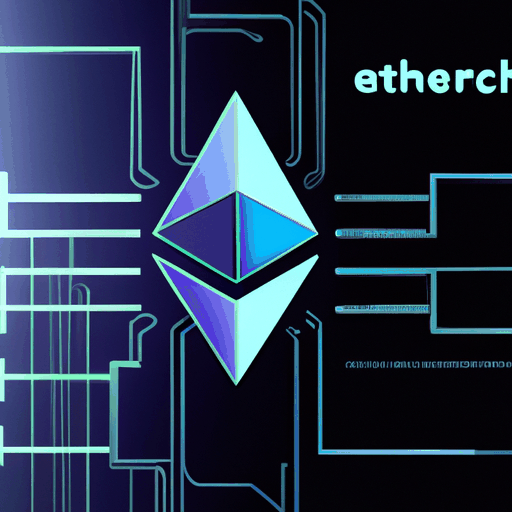
Ethereum Developers Push for Faster Transaction Speeds with New Proposal
By: Eliza Bennet
Ethereum's core development team has initiated discussions around a groundbreaking proposal aimed at significantly boosting the network's transaction speed. The proposal, known as Ethereum Improvement Proposal (EIP) 7782, suggests halving the block slot time from the current 12 seconds to just 6 seconds. This change, advocated by Barnabé Monnot—a core developer of the Ethereum project—promises to enhance Ethereum’s functionality by improving confirmation speed, reducing trading costs, and fostering a better environment for cross-chain protocols.
The proposal outlines that block proposal slots would be reduced from 4 seconds to 3, while operations like attestations and aggregations would be trimmed to 1.5 seconds from 4. By embedding these changes, the network aims to become a more efficient confirmation engine. This development is critical for decentralized platforms that rely on the robustness and efficiency of Ethereum Layer-1 (L1) for settling transactions. The improvements align with the Ethereum Foundation's objective to enhance the network’s L1 performance, ultimately refining the user experience.
Described as part of the upcoming Glamsterdam upgrade, EIP-7782 is not a standalone initiative. It intersects with existing proposals like EIPs 7732 and 7886, which are focused on scaling. EIP-7782, however, prioritizes latency reduction as a crucial factor in improving overall network performance, especially when transaction fees dip below critical thresholds. Advocates like Storm Slivkoff from Paradigm emphasize that in environments where block size increase yields diminishing returns, enhancing block quality through reduced latency is essential.
As Ethereum continues to see unprecedented activity levels—with over 20 million active addresses interacting with the network recently—these technical enhancements could sustain and even amplify this momentum. The majority of current activity transpires on Layer-2 solutions, such as the Coinbase-backed Base network, highlighting the demand for core network advancements. The evolving Ethereum ecosystem stands at a potential inflection point as these brave proposals promise to set the stage for broader institutional adoption and improved user experience across decentralized applications. Should these measures be successfully implemented, they will mark a significant leap forward in Ethereum's quest to maintain its status as a leading blockchain platform.



